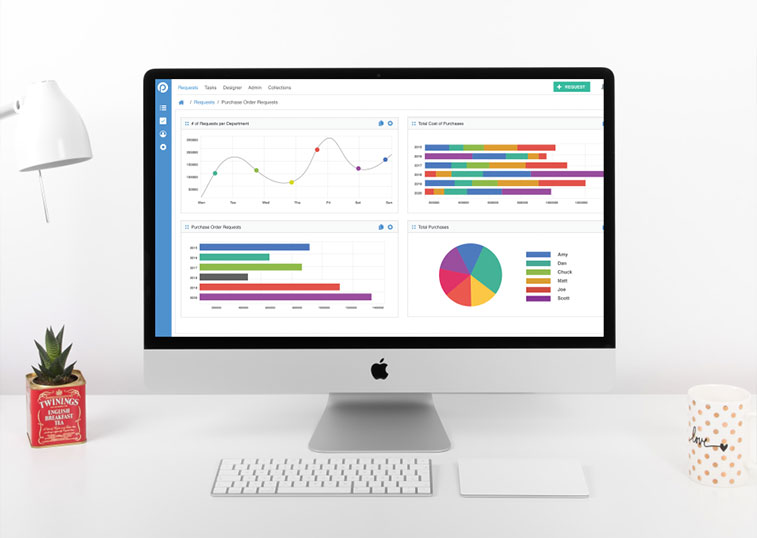Banking and BPM in Emerging Markets
Trends in Banking
In recent years, banking all over the world has changed dramatically. Due to technological advances, pervasiveness of mobile devices and more competitive, customer centric strategies, it’s no longer essential for customers to personally present themselves at a brick and mortar building to apply for a loan or credit card, cash a check or to handle any number of transactions. Compared to banks in established markets such as the US, Europe and Japan, emerging markets are uniquely positioned to take advantage of their late start. Our next blog series will explore the promise and struggles of banking in emerging markets as they endeavor to expand their influence and success in the global banking industry.
What is an Emerging Market?
Emerging markets have often been characterized as having a lower-than average per capita income, rapid growth, high volatility on currency swings, higher-than-average return for investors, and less mature capital markets.1 They don’t generally have the same foreign direct investment that developed countries do. The World Bank defines emerging markets as having a lower middle per capita income as less than $4,035.2 Further, these markets tend to have a lower-than average per capita income, rapid growth, high volatility on currency swings, higher-than-average return for investors, and less mature capital markets.3 These general characteristics are important to keep in mind, as they will affect markets in different ways. Countries in Africa, South America and parts of Asia are currently displaying many of these criteria and are considered to be emerging markets in the banking industry.
Emerging Technologies in Banking
Emerging markets present unique opportunities for astute business leaders to competitively position their banks for growth. Because banks in emerging markets have young infrastructure, they have an opportunity to fully leverage the benefits of cloud computing. This gives them a “clean slate” to select technology and solutions that will best serve their customers. Further, they have years of case studies from some of the best minds in the established banking realm to combine with their own market research. The culmination of this work will likely produce some formidable growth strategies in emerging markets.
Tools and Trends
So what trends will banks in emerging markets likely utilize in their strategies? Early fintech trends showing signs of promise to address the unique requirements in these markets include:
- Mobile/digital banking
- Digital trust
- Cryptocurrency
- Microcredit
- Liquid workforce
- Platform economies
- Gigital workflows
- Cybersecurity
This blog series will discuss each of these trends and how each is currently affecting the market. The series will detail what these emerging marketing are doing well and where there are areas of opportunity. Finally, the series will explore how business process modeling and digital transformation can help institutions in these regions not only adapt to these trends but also optimize their internal activities in response.
Bibliography
1 Amadeo, Kimberly. The Balance. “What are Emerging Markets? Five Defining Characteristics.” August 22, 2018. From: https://www.thebalance.com/what-are-emerging-markets-3305927
2 The World Bank. “World Bank Country and Lending Groups.” From: https://datahelpdesk.worldbank.org/knowledgebase/articles/906519-world-bank-country-and-lending-groups
3 Amadeo, Kimberly. The Balance. “What are Emerging Markets? Five Defining Characteristics.” August 22, 2018. From: https://www.thebalance.com/what-are-emerging-markets-3305927



